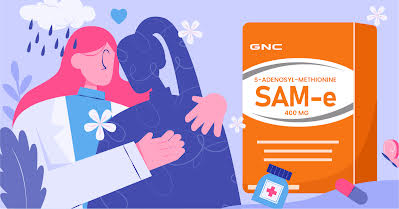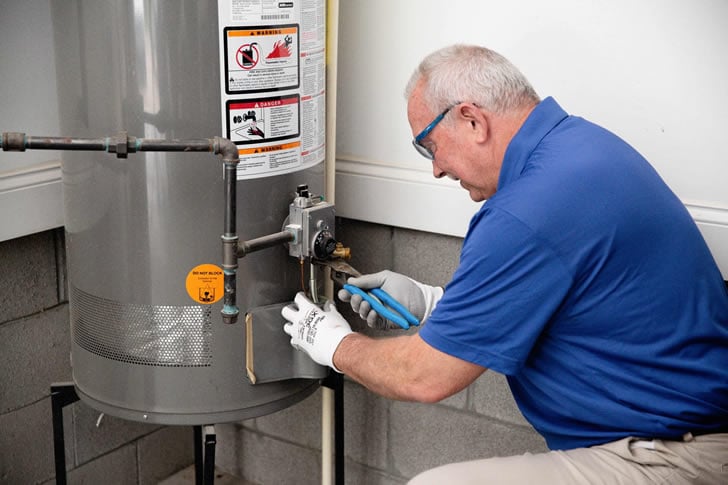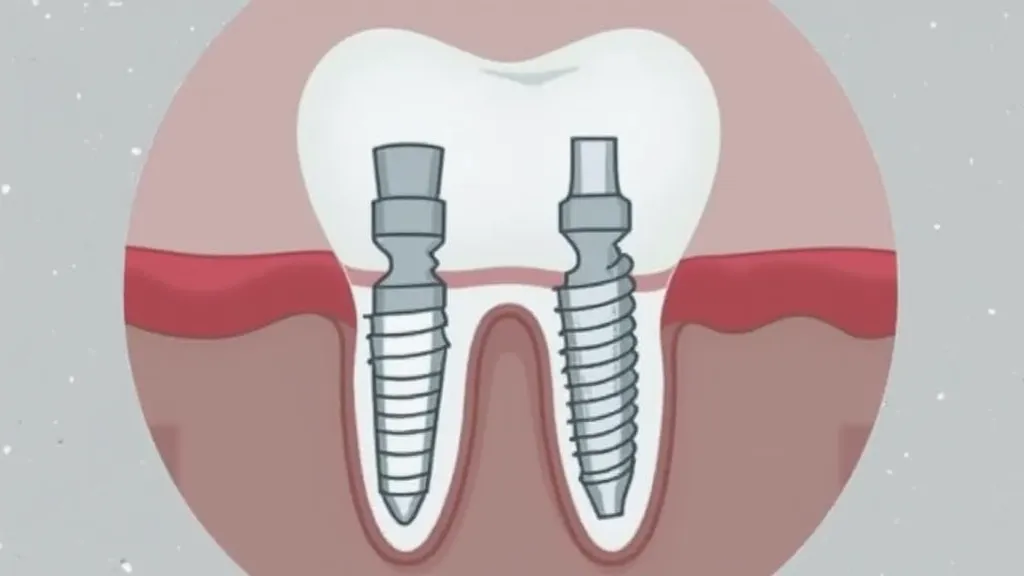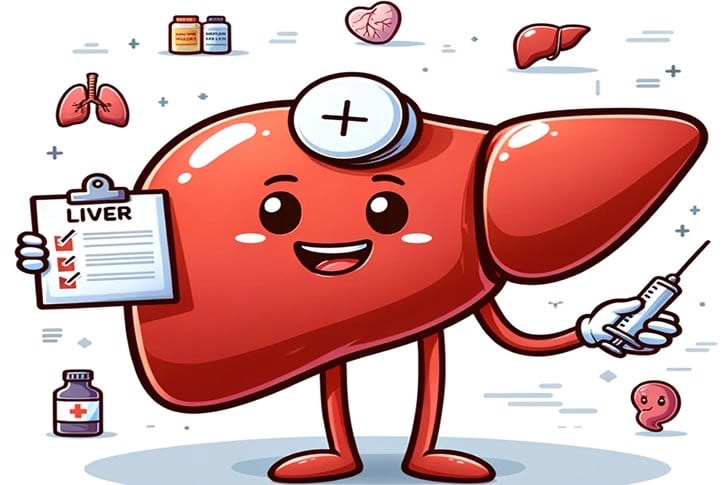Managing Depression with SAMe and Neurotransmitters
Depression is a serious condition; multiple approaches can aid recovery. This guide explores the roles of SAMe and neurotransmitters.

Understanding Depression
What Is Depression?
Depression is a mental health condition characterized by persistent feelings of sadness, hopelessness, and a lack of interest or pleasure in activities. It can disrupt daily life, making it difficult to function and maintain healthy relationships.
The Role of Neurotransmitters
What Are Neurotransmitters?
Neurotransmitters are chemical messengers in the brain that facilitate communication between nerve cells. They play a crucial role in regulating mood, sleep, appetite, and many other functions. Key neurotransmitters linked to depression include serotonin, dopamine, and norepinephrine.
How Do Neurotransmitters Affect Mood?
Serotonin:
Often referred to as the "feel-good" neurotransmitter, it impacts mood, anxiety, and happiness.Dopamine:
Influences motivation, reward, and pleasure.Norepinephrine:
Affects concentration and response to stress.
Imbalances in these neurotransmitters can lead to mood disorders, including depression. Restoring balance is a primary goal in the treatment of depression.
Introducing SAMe
What Is SAMe?
SAMe (S-adenosyl-L-methionine) is a naturally occurring compound found in the body. It plays a crucial role in various biochemical processes, including the synthesis and regulation of neurotransmitters.
The Connection Between SAMe and Depression
Research indicates that SAMe can alleviate symptoms of depression, especially when traditional antidepressants are not effective. SAMe helps increase the levels of serotonin, dopamine, and norepinephrine, thereby improving mood and cognitive functions.
Using SAMe for Depression
How to Safely Use SAMe
Consult a Healthcare Provider:
Before starting SAMe, it’s crucial to talk to a doctor, especially if you're already taking medication for depression.Dosage Recommendations:
A typical starting dose is between 200-400 mg per day, gradually increasing based on medical advice.Timing:
SAMe should be taken on an empty stomach for better absorption.Potential Side Effects
While SAMe is generally well-tolerated, some people might experience side effects such as gastrointestinal issues, anxiety, or insomnia. Monitoring and adjusting the dose in consultation with a healthcare provider can minimize these risks.
Complementary Approaches
Lifestyle Changes to Support Neurotransmitters
Diet:
Consuming foods rich in tryptophan (turkey, eggs, cheese) can boost serotonin levels. Omega-3 fatty acids found in fish can also support brain health.Exercise:
Regular physical activity increases the release of serotonin and endorphins, enhancing mood and reducing stress.Sleep:
Proper sleep hygiene is essential for neurotransmitter balance. Aim for 7-9 hours of quality sleep each night.Stress Management:
Incorporate relaxation techniques such as meditation, yoga, or deep-breathing exercises to reduce stress and improve mental well-being.When to Seek Professional Help
Recognizing When You Need Additional Support
It's important to recognize when self-help strategies and over-the-counter supplements like SAMe are not enough. If you experience worsening symptoms, suicidal thoughts, or significant impairment in daily functioning, seeking professional help is crucial. A mental health professional can provide personalized treatment plans, which may include psychotherapy, medication, or other therapeutic interventions.
Conclusion
Combining approaches like SAMe supplementation, lifestyle modifications, and professional guidance can offer a comprehensive strategy to manage depression. Understanding the role of neurotransmitters can help tailor these interventions effectively.
By integrating knowledge about depression, the function of neurotransmitters, and the benefits of SAMe, you can create a more balanced and proactive approach to mental health. Always work in conjunction with healthcare providers to ensure safe and effective treatment.
Maintaining hope and persistence in finding the right combination of treatments is key to successfully managing depression. Remember, help and recovery are possible.









